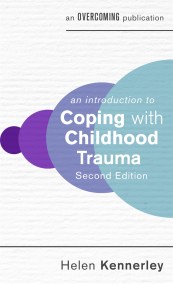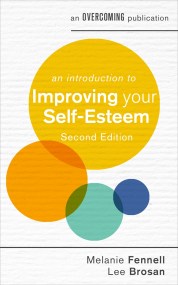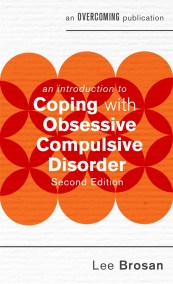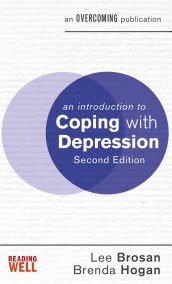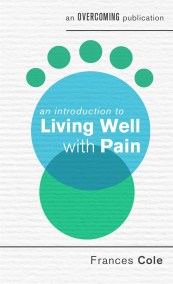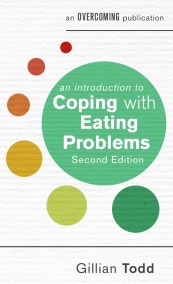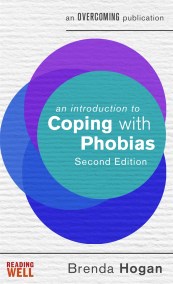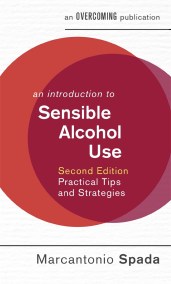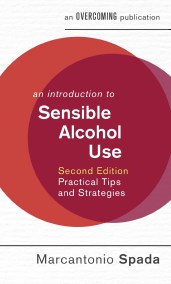Traumatic stress arises in reaction to catastrophic life events. Such events can range from train disasters and car crashes to natural calamities such as earthquakes, wildfires and floods, and from life-threatening medical diagnoses to acts of violence and abuse. Post-Traumatic Stress Disorder (PTSD) is a common psychological condition resulting from such events and occurs when our coping resources have been completely overwhelmed. The intrusive hyper-reactions, recurring memories, flashbacks, avoidance behaviours and changes in the sense of self linger long past the actual event and often prevent a sense of healing or resolution with the experience.
This self-help guide uses Cognitive Behavioural Therapy (CBT) strategies with a trauma focus to help you to manage your reactions to the traumatic experience and find new, effective ways of coping. You will learn:
– To understand your reactions to traumatic events
– Practical strategies for monitoring, managing and overcoming post-traumatic stress
– Innovative therapeutic options and new mobile device supports
This self-help guide uses Cognitive Behavioural Therapy (CBT) strategies with a trauma focus to help you to manage your reactions to the traumatic experience and find new, effective ways of coping. You will learn:
– To understand your reactions to traumatic events
– Practical strategies for monitoring, managing and overcoming post-traumatic stress
– Innovative therapeutic options and new mobile device supports
Newsletter Signup
By clicking ‘Sign Up,’ I acknowledge that I have read and agree to Hachette Book Group’s Privacy Policy and Terms of Use





